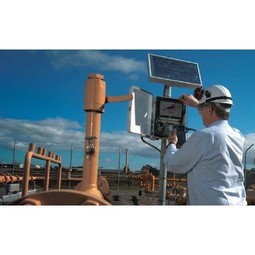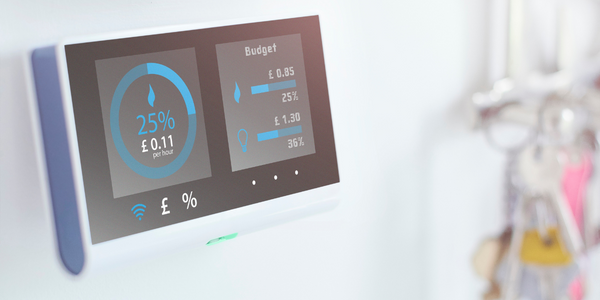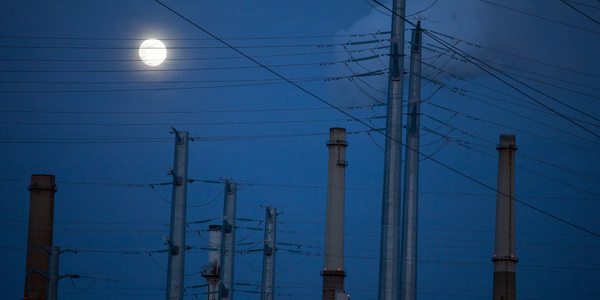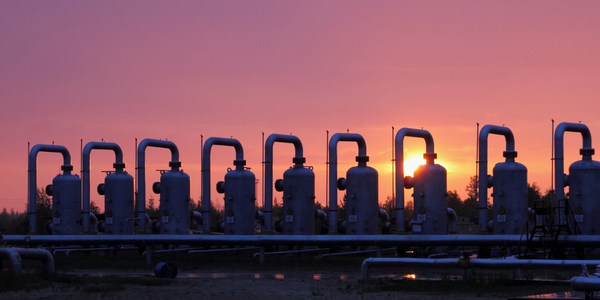下载PDF
Secure Cloud Migration Boosts Savings and Flexibility for OpenLink and Its Clients
技术
- 基础设施即服务 (IaaS) - 私有云
- 基础设施即服务 (IaaS) - 公共云
适用行业
- 国家安全与国防
- 公用事业
适用功能
- 物流运输
- 维护
用例
- 施工管理
- 篡改检测
服务
- 云规划/设计/实施服务
挑战
OpenLink 是能源、企业和金融行业资产管理解决方案的全球领导者,面临着多项挑战。该公司需要保护每个客户的公共云环境,提高客户服务能力,同时最大限度地减少物理基础设施和管理要求,并降低基础设施成本,同时提高竞争优势。 OpenLink 的解决方案通常部署在客户自己的数据中心中,并具有大量多余的处理能力来处理需求高峰期。这导致了高昂的资本投资、维护和支持成本。对于没有大型数据中心的小型客户,OpenLink 开始在自己的数据中心托管客户工作负载和数据,充当服务或托管提供商,处理大量客户数据。这种情况促使 OpenLink 考虑采用一种服务交付架构,其中包括公共云,以便以更少的物理基础设施支持更多的客户端,并增加在高峰使用期间按需扩展的灵活性。
关于客户
OpenLink 是为能源、大宗商品、企业和金融服务公司提供交易、资金和风险管理解决方案的全球领导者。来自 600 家客户的 37,000 多名用户使用该公司高度复杂的软件进行商品价格对冲、物流自动化、原材料需求预测和衍生品交易等活动。 OpenLink 的解决方案为许多全球最大的石油公司、银行和公用事业公司的决策和运营提供支持。每个客户的 OpenLink 实施都是根据其独特的业务需求专门定制的。
解决方案
OpenLink 选择 Microsoft Azure 是因为它与 OpenLink 技术的兼容性、强大的区域覆盖范围、按分钟付费的定价模型和成熟的安全堆栈。 OpenLink 的 Azure 云由多个定义为气泡的单租户环境组成。每个客户的解决方案都在自己的“气泡”中运行,该“气泡”安全地链接到基于云的管理中心和客户端访问门户。专用对等链路连接回单独运行的 OpenLink 物理数据中心。 OpenLink 部署了适用于 Azure 的 Check Point vSEC 来保护其公共云环境,扩展高级威胁防御安全性以保护客户 Azure 云环境免受恶意软件和其他复杂威胁的侵害。作为 Microsoft Azure 认证的解决方案,vSEC 使客户能够轻松、无缝地保护其工作负载、数据和资产,同时提供跨云和本地环境的安全连接。它提供了 Check Point 高级威胁防御安全的全面保护,包括防火墙、IPS、防病毒、反机器人保护、应用程序控制、数据丢失防护等。
运营影响
相关案例.

Case Study
IoT Solutions for Smart City | Internet of Things Case Study
There were several challenges faced: It is challenging to build an appliance that can withstand a wide range of voltage fluctuations from as low at 90v to as high as 320v. Since the device would be installed in remote locations, its resilience was of paramount importance. The device would have to deal with poor network coverage and have the ability to store and re-transmit data if networks were not available, which is often the case in rural India. The device could store up to 30 days of data.

Case Study
Automation of the Oguz-Gabala-Baku water pipeline, Azerbaijan
The Oguz-Gabala-Baku water pipeline project dates back to plans from the 1970’s. Baku’s growth was historically driven by the booming oil industry and required the import of drinking water from outside of the city. Before the construction of the pipeline, some 60 percent of the city’s households received water for only a few hours daily. After completion of the project, 75 percent of the two million Baku residents are now served around the clock with potable water, based on World Health Organization (WHO) standards. The 262-kilometer pipeline requires no pumping station, but uses the altitude differences between the Caucasian mountains and the capital to supply 432,000 m³/d to the Ceyranbatan water reservoir. To the people of Baku, the pipeline is “the most important project not only in 2010, but of the last 20 years.”

Case Study
GPRS Mobile Network for Smart Metering
Around the world, the electricity supply industry is turning to ‘smart’ meters to lower costs, reduce emissions and improve the management of customer supplies. Smart meters collect detailed consumption information and using this feedback consumers can better understand their energy usage which in turn enables them to modify their consumption to save money and help to cut carbon emissions. A smart meter can be defined in many ways, but generally includes an element of two-way communication between the household meter and the utility provider to efficiently collect detailed energy usage data. Some implementations include consumer feedback beyond the energy bill to include online web data, SMS text messages or an information display in consumers’ premises. Providing a cost-effective, reliable communications mechanism is one of the most challenging aspects of a smart meter implementation. In New Zealand, the utilities have embraced smart metering and designed cost effective ways for it to be implemented. The New Zealand government has encouraged such a move to smart metering by ensuring the energy legislation is consistent with the delivery of benefits to the consumer while allowing innovation in this area. On the ground, AMS is a leader in the deployment of smart metering and associated services. Several of New Zealand’s energy retailers were looking for smart metering services for their residential and small business customers which will eventually account for over 500,000 meters when the multi-year national deployment program is concluded. To respond to these requirements, AMS needed to put together a solution that included data communications between each meter and the central data collection point and the solution proposed by Vodafone satisfied that requirement.

Case Study
NB-IoT connected smart meters to improve gas metering in Shenzhen
Shenzhen Gas has a large fleet of existing gas meters, which are installed in a variety of hard to reach locations, such as indoors and underground, meaning that existing communications networks have struggled to maintain connectivity with all meters. The meter success rate is low, data transmissions are so far unstable and power consumption is too high. Against this background, Shenzhen Gas, China Telecom, Huawei, and Goldcard have jointly trialed NB-IoT gas meters to try and solve some of the challenges that the industry faces with today’s smart gas meters.

Case Study
OneWireless Enabled Performance Guarantee Test
Tata Power's power generation equipment OEMs (M/s BHEL) is required to provide all of the instrumentation and measurement devices for conducting performance guarantee and performance evaluation tests. M/s BHEL faced a number of specific challenges in conducting PG tests: employing high-accuracy digital communications for instrumentation, shortening setup and dismantling time, reducing hardware required, making portable instrument setup, avoiding temporary cabling work and the material waste costs

Case Study
British Gas Modernizes its Operations with Innovative Smart Metering Deployment
The UK government has mandated that smart meters are rolled out as standard across Great Britain by end of 2020, and this roll-out is estimated to create £14 billion in net benefits to the UK in consumer energy savings and lower energy generation demand, according to the Oxford Economics report, “The Value of Smart Metering to Great Britain.” While smart-metering systems have been deployed in many countries, the roll-out in Great Britain is unique because it is led by energy retailers, who have responsibility for the Electricity and Gas meters. The decision to have a retailer-led roll out was made by DECC (Department of Energy and Climate Change) to improve customer experience and drive consumer benefits. It has also led to some unique system-level requirements to support the unique local regulatory model.





